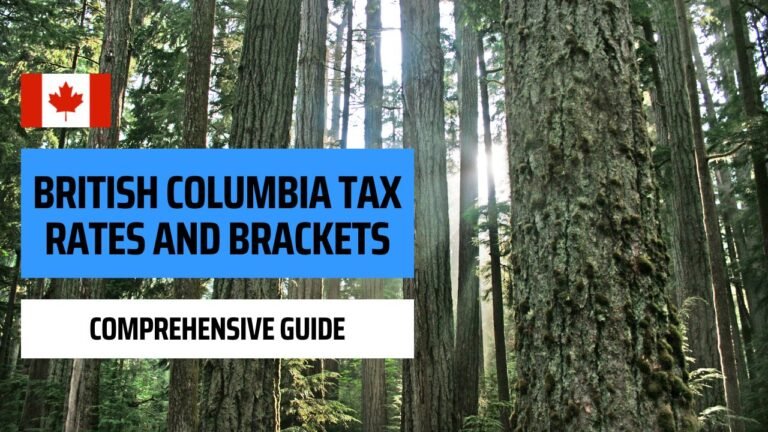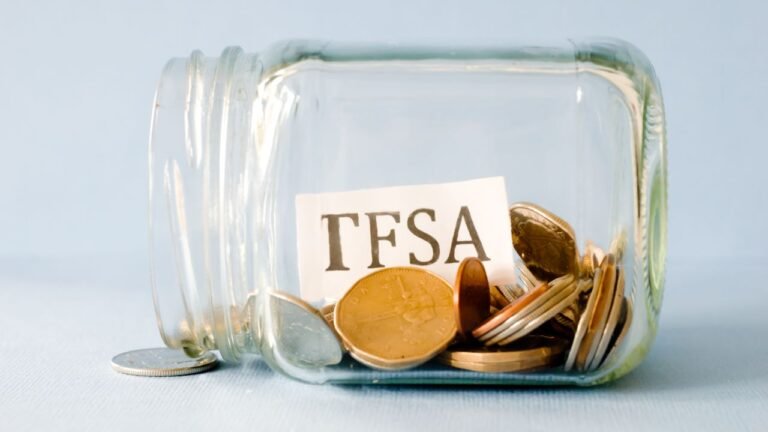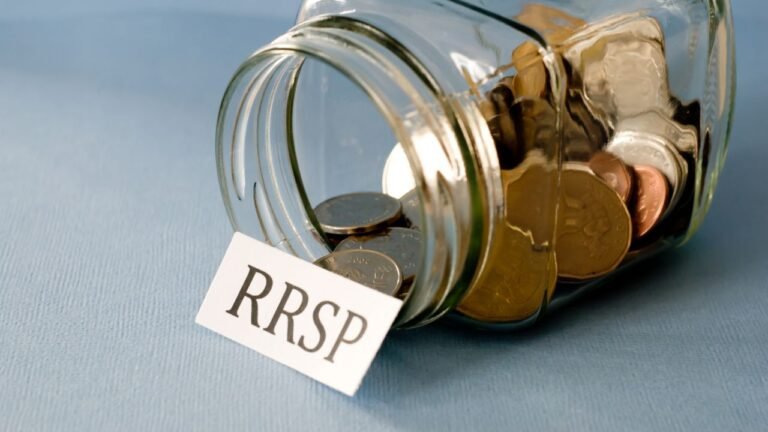Canada Child Benefit CCB – A Comprehensive Guide
The Canada Child Benefit (CCB) is a crucial financial aid program for families in Canada, designed to assist with the costs of raising children.
I’ll explain how the CCB works and answer frequently asked questions to help parents and guardians navigate this benefit effectively.
What is the Canada Child Benefit (CCB)?
The CCB is a tax-free monthly payment made to eligible families to help with the cost of raising children under 18 years of age.
It aims to alleviate financial pressures on families, ensuring children have a better start in life.
CCB Eligibility Criteria
To qualify for the CCB, you must meet the following conditions:
- You must live with the child, and the child must be under 18 years of age.
- You need to be the primary caregiver of the child.
- You must be a resident of Canada for tax purposes.
CCB Payment Amounts
The amount you receive under the CCB depends on several factors, including your family net income, the number of children, and their ages.
As of 2024, eligible parents can receive up to $619.75 per month for each child under 6 years old and $522.91 per month for children aged 6 to 17.
Canada Child Benefit Payment Dates in 2024
Here are the CCB payment dates for 2024
- January 19, 2024
- February 20, 2024
- March 20, 2024
- April 19, 2024
- May 17, 2024
- June 20, 2024
- July 19, 2024
- August 20, 2024
- September 20, 2024
- October 18, 2024
- November 20, 2024
- December 13, 2024
CCB Frequently Asked Questions (FAQs)
How Do I Apply for the CCB?
Applying for the CCB is straightforward. You can apply in one of three ways:
- Automatically at Birth: When you register the birth of your child in your province or territory, you can give consent for the Vital Statistics Agency to share your information with the Canada Revenue Agency (CRA) to automatically apply for the CCB.
- Through the CRA Website: If you didn’t apply at birth, you could apply through the CRA’s My Account online service. This method requires you to have a CRA account set up.
- By Mail: Download, fill out, and mail the Canada Child Benefits Application (Form RC66) to the CRA, along with any required documents.
When Will I Start Receiving CCB Payments?
Once your application is processed and approved, you can expect to start receiving CCB payments within eight weeks if you applied online and up to 11 weeks if you applied by mail.
The speed can vary based on the completeness of your application and the current workload of the CRA.
How is the CCB Amount Determined?
The CCB payment amount is calculated based on:
- Your adjusted family net income: The lower your income, the higher your CCB payments will be.
- The number of children under your care and their ages: Payments are higher for younger children as the cost of care is generally considered to be higher.
- Your child’s eligibility for the disability tax credit (DTC): If your child is eligible for the DTC, you might also receive the Child Disability Benefit (CDB), which is an additional amount on top of the CCB.
Can I Receive CCB if I am a Single Parent?
Yes, single parents are eligible for the CCB.
The primary caregiver of the child, whether it’s a single parent, separated or divorced parent, can apply and receive the benefit.
In shared custody arrangements, both parents might be eligible to receive half of the CCB amount they would have been entitled to for the child.
What Happens if I Don’t File My Taxes?
Filing your taxes every year is crucial to continue receiving the CCB without interruptions.
The CRA uses your tax return to determine your eligibility and calculate your benefit amount for each year.
If you do not file your taxes, your CCB payments may be delayed or stopped.
Do I Need to Reapply for CCB Every Year?
No, you don’t need to reapply for the CCB every year.
However, you must file your tax return annually, without fail, to continue receiving the benefit. The CRA recalculates your CCB amount every July based on the information from your tax return.
How Do Changes in Income Affect CCB Payments?
CCB payments are directly tied to your family’s net income.
Any significant change in your income can affect the amount you receive. If your income increases, your CCB payments may decrease, and conversely, if your income decreases, your CCB payments might increase.
It’s important to report accurate income information on your tax returns to ensure you’re receiving the correct CCB amount.
What Should I Do if I Disagree with a CCB Decision?
If you disagree with a decision made by the CRA regarding your CCB, you have the right to dispute it.
The first step is to contact the CRA to discuss your concerns. If you’re still not satisfied after speaking with them, you can file a formal objection.
This process involves completing a Notice of Objection form, where you can explain why you believe the decision is incorrect, and provide any relevant documents to support your case.
How Do Separation or Divorce Affect CCB Payments?
In cases of separation or divorce, the parent who has primary custody of the child is usually eligible to receive the CCB payments.
If there’s shared custody, each parent might be eligible to receive half the payment they would have received if they had full custody.
It’s crucial to inform the CRA about changes in marital status or custody arrangements to ensure CCB payments are distributed correctly.
Can Grandparents or Other Relatives Receive CCB for Children They’re Caring For?
In situations where grandparents or other relatives are the primary caregivers for children, they may be eligible for the CCB.
They must apply for the benefit and demonstrate that they are the primary caregivers, which might involve providing documentation to the CRA, such as custody orders or letters from child welfare agencies.
Does Moving Affect My CCB Payments?
If you move, especially if you relocate to a different province or territory, it’s important to update your address with the CRA as soon as possible.
Provincial or territorial family benefits that are part of the CCB may vary, so your CCB amount could change based on your new location.
Are There Any Special Considerations for Indigenous Families?
Indigenous families are eligible for the CCB like any other family in Canada.
However, there may be additional supports or considerations depending on the community and whether the family lives on or off a reserve.
It’s beneficial for Indigenous families to consult with their community leaders or financial advisors familiar with specific benefits available to them.
Can Non-Canadian Citizens Receive the CCB?
Non-Canadian citizens living in Canada might be eligible for the CCB if they meet the residency requirements set by the CRA.
This includes permanent residents, protected persons, and temporary residents who have lived in Canada for the previous 18 months and have a valid immigration status.







